The impact and sustainability of ADLIFE
Evaluation of the epidemiological and economic impact of the ADLIFE intervention on medium- to long-term in patients with advanced chronic disease
Read Article
KronIQ empowers healthcare professionals in the diagnosis, monitoring, and management of chronic diseases, while enabling shared care plan management among multidisciplinary teams, patients, and caregivers.
Discover More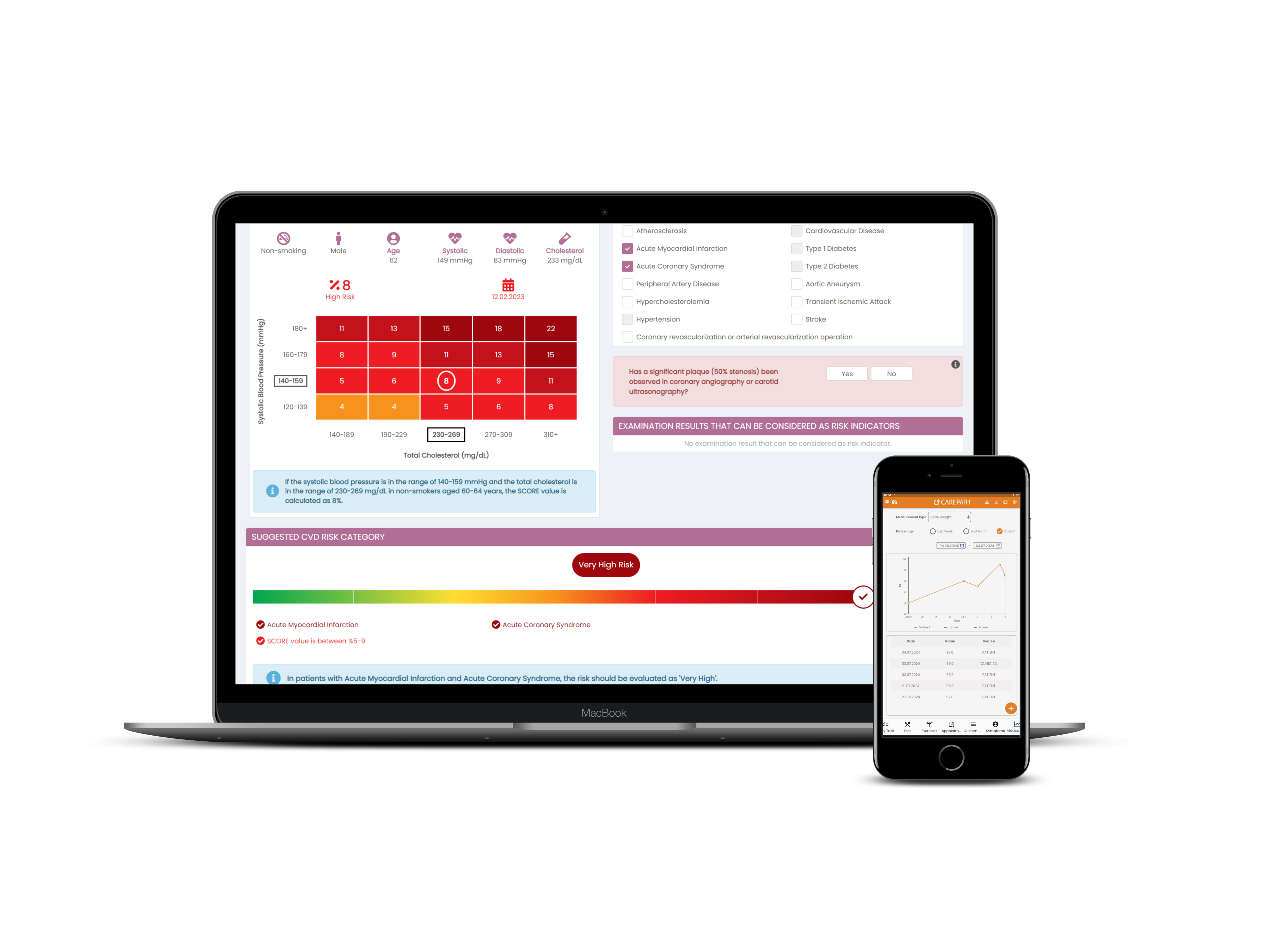
KronIQ delivers intelligent care solutions that help health professionals detect and manage chronic diseases early, using treatment plans aligned with evidence-based medical guidelines.
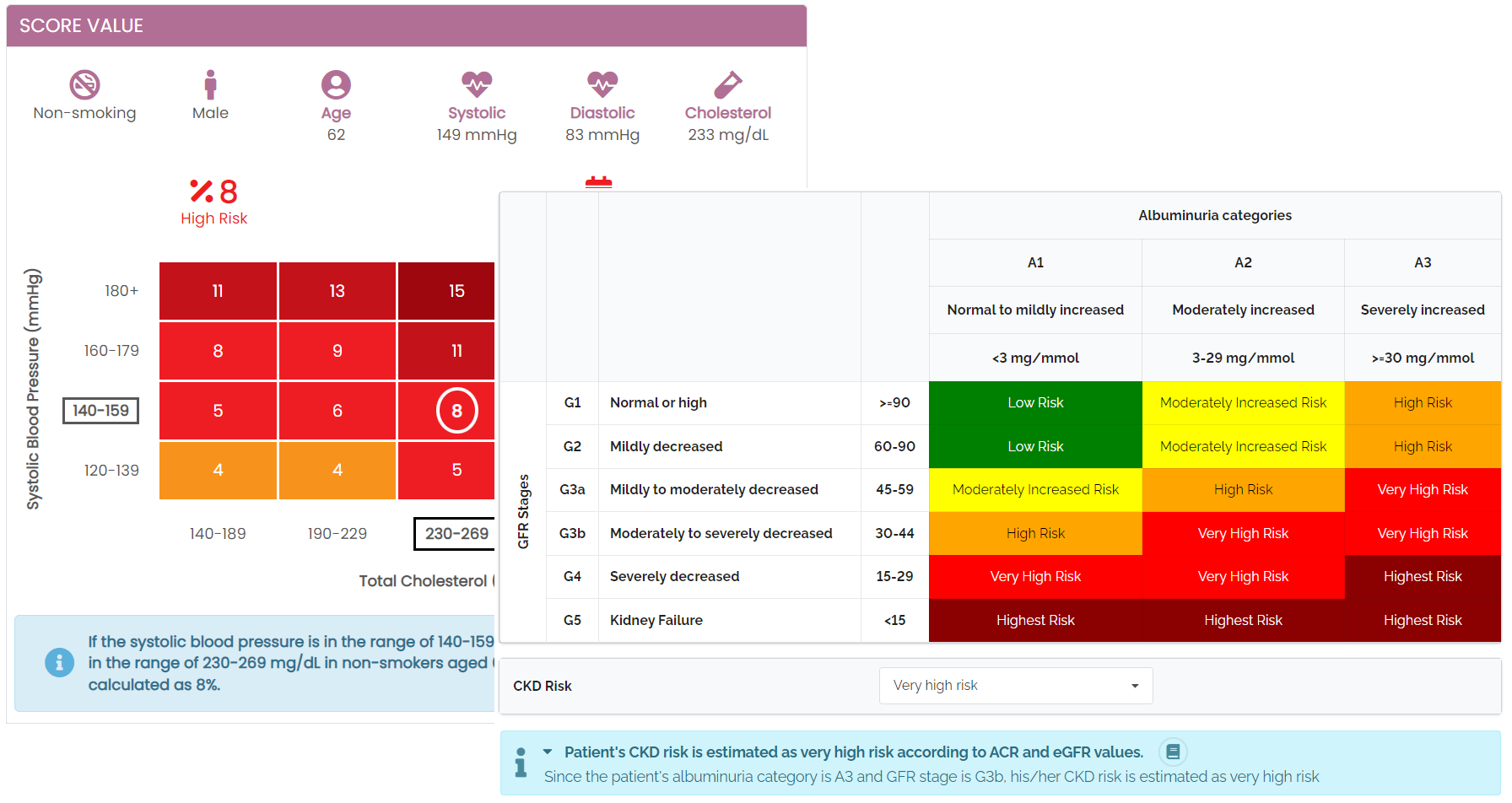
Intelligent decision support services for personalized risk prediction, facilitating risk stratification and early diagnosis of diseases.
Read More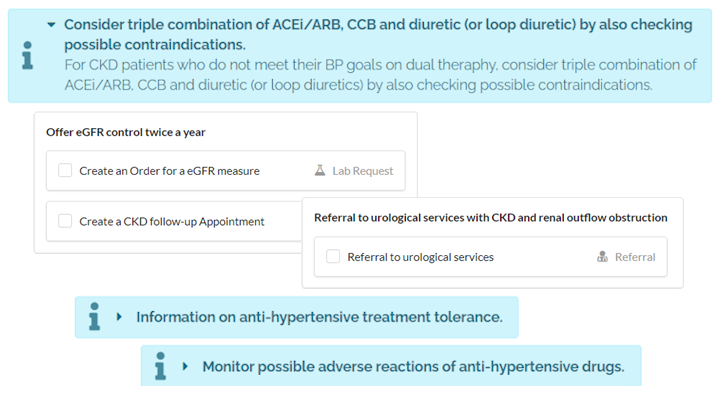
Routine monitoring of chronic disease patients using personalized recommendations aligned with evidence-based medical guidelines.
Read More
Empowering healthcare professionals within multidisciplinary care teams to collaboratively create and update shared care plans.
Read More
Seamless integration with Electronic Health Records (EHR) systems via HL7 FHIR-based interfaces.
Read More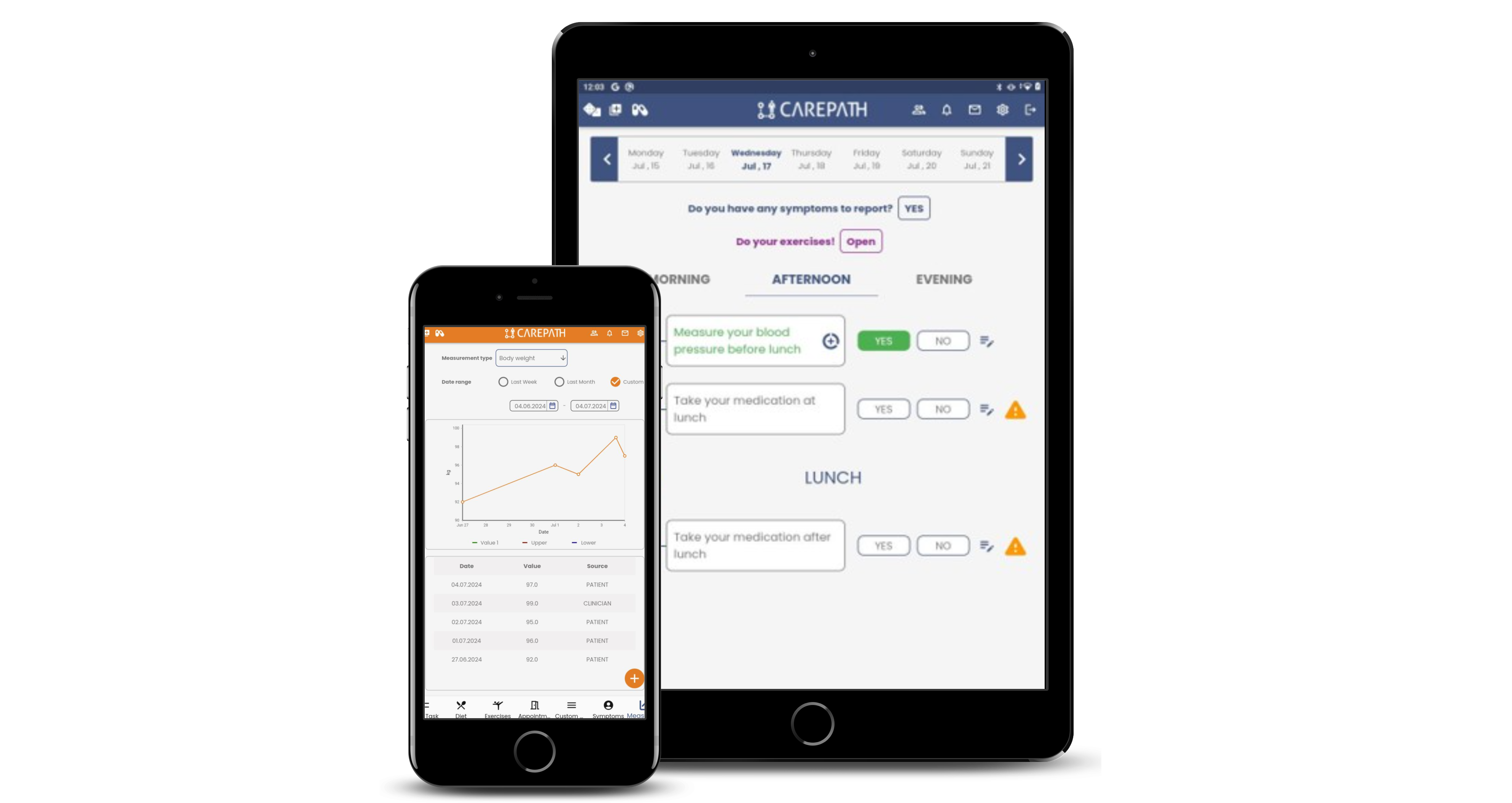
Access to personalized treatment plans, receiving motivational reminders, and support with educational materials.
Read MoreValue-based care through dashboards to monitor the latest status of disease-based clinical indicators for patients and populations.
Read MoreThe KronIQ product family is applied across various real-world use cases to address the needs of different healthcare settings, empowering organizations to achieve effective chronic disease management.

The Disease Management Platform of Türkiye for the management of Diabetes, Hypertension, Cardiovascular Risk, Obesity, Coronary Artery Disease, Stroke, Chronic Kidney Disease, Asthma, and COPD by family medicine physicians.

The Coordinated Care & Cure Delivery Platform (C3DP) of H2020 C3-Cloud Project for patients having the two or more of the following four conditions: Type II Diabetes, Renal Failure, Heart Failure, and Mild/Moderate Depression.

The Personalised Care Plan Management Platform (PCPMP) of H2020 ADLIFE Project for advanced care planning and virtual care plan review meetings for patients suffering from COPD and Chronic Heart Failure.

The Adaptive Integrated Care Platform (AICP) of H2020 CAREPATH Project for the creation and execution of personalized care plans for multimorbid patients with Mild Cognitive Impairment or Mild Dementia.
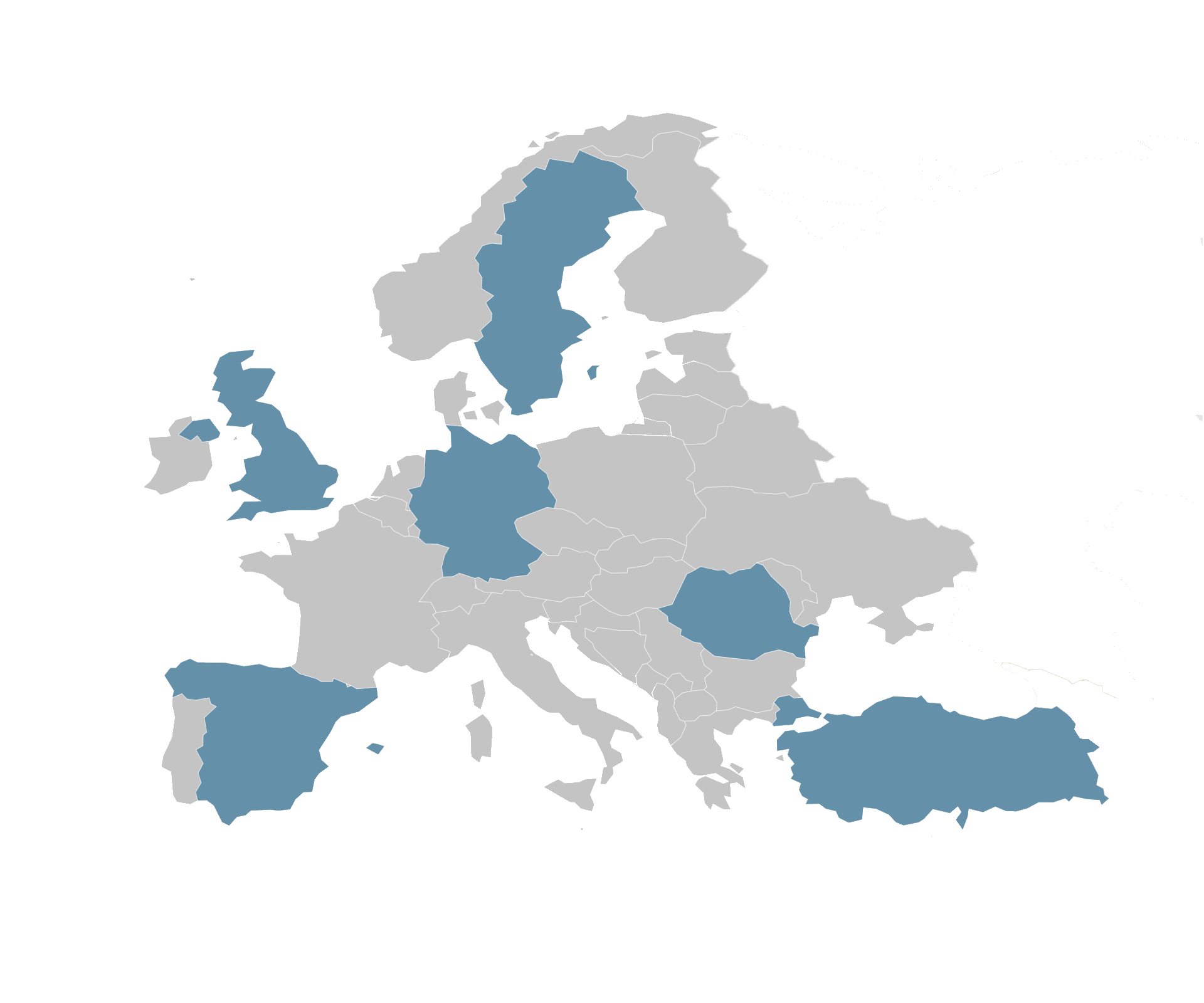
The KronIQ product family is used by 8 institutions across 5 European countries and serves as the Disease Management Platform of Türkiye since 2021.
Integrated Approach: KronIQ seamlessly integrates with existing clinical decision support systems, enhancing the efficiency and effectiveness of healthcare delivery.
Proven Validation: The platform has been validated in prominent projects like C3-CLOUD, ADLIFE, and CAREPATH, ensuring reliability and trustworthiness in real-world applications.
User-Centric Design: KronIQ is designed with healthcare professionals and patients in mind, providing an intuitive interface that simplifies chronic disease management.
Data-Driven Insights: Leveraging advanced analytics, KronIQ offers actionable insights that empower healthcare providers to make informed decisions and improve patient outcomes.
Adaptable to Diverse Settings: Whether in primary care or specialized clinics, KronIQ is adaptable to various healthcare settings, making it a versatile choice.
Commitment to Innovation: By continually evolving with the latest advancements in healthcare technology, KronIQ stays at the forefront of chronic disease management solutions.
Data Encryption: All sensitive data, including patient information, is encrypted both in transit and at rest, ensuring that it remains protected from unauthorized access.
Compliance with Regulations: KronIQ adheres to strict regulatory standards, including GDPR and HIPAA, ensuring that all personal health information is handled in compliance with international privacy laws.
Access Controls: The platform implements robust access controls, allowing only authorized personnel to access sensitive information and ensuring that users have the minimum necessary access.
Comprehensive Integration: Unlike many solutions, KronIQ offers seamless integration with clinical decision support systems and existing Electronic Health Record systems, enhancing workflow efficiency and ensuring a unified approach to patient care.
Evidence-Based Validation: KronIQ is backed by rigorous validation in recognized projects like C3-CLOUD, ADLIFE, and CAREPATH, and in a real-life execution in Türkiye. This evidence-based approach ensures that the platform is reliable and effective in real-world clinical settings.
Adaptable User Interfaces: KronIQ enables easy design of user interfaces for managing chronic diseases backed by CDS services, featuring intuitive interfaces that simplifies navigation and improves user experience in specific settings, which is often overlooked in other solutions.
Personalized Patient Engagement: KronIQ provides tailored patient engagement tools, promoting active participation in their care and fostering better health outcomes, setting it apart from more generic solutions.
Adaptability Across Settings: KronIQ is versatile, suitable for various healthcare environments, including primary care and specialized clinics, making it adaptable to diverse clinical workflows.

Explore our research and insights that drive innovation in chronic disease management and contribute to the development of the KronIQ product family.
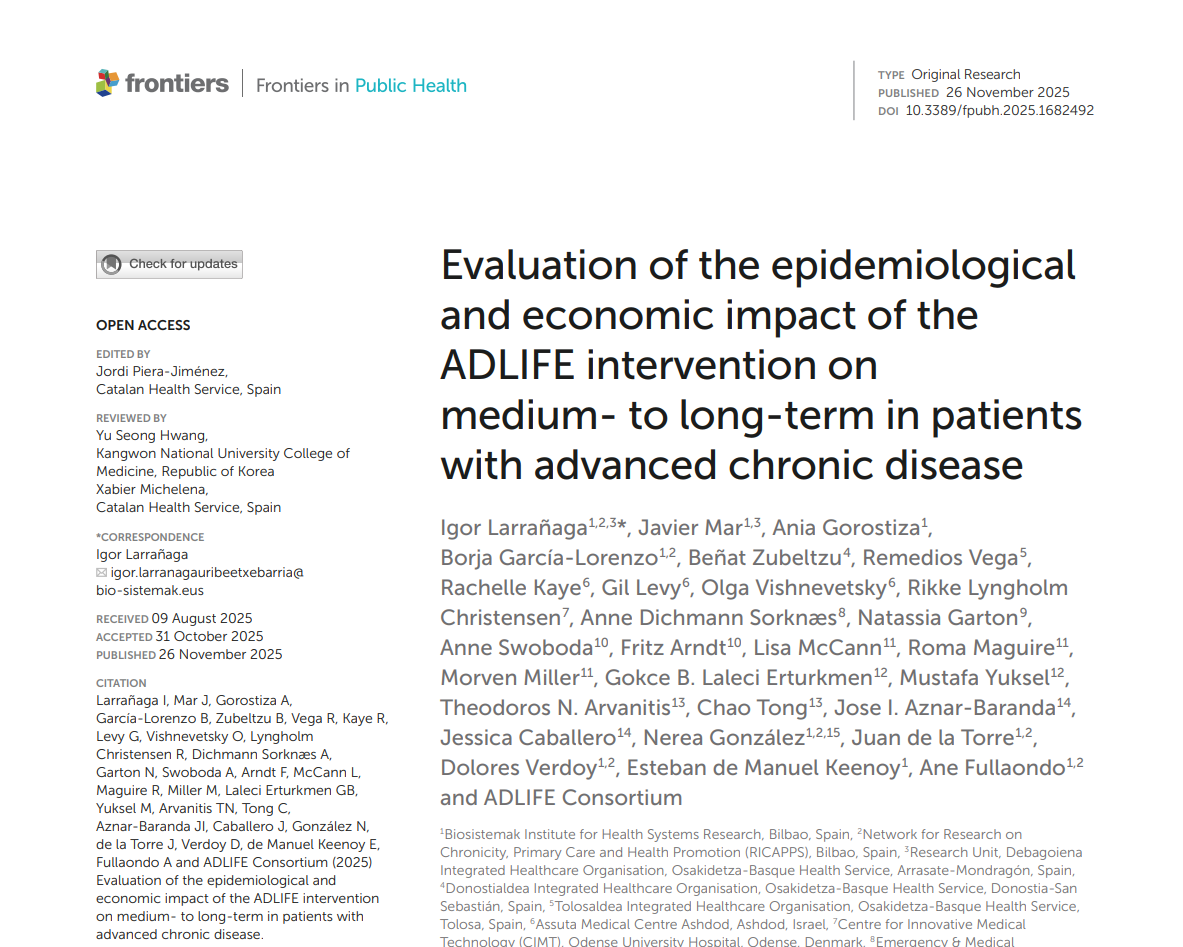
Evaluation of the epidemiological and economic impact of the ADLIFE intervention on medium- to long-term in patients with advanced chronic disease
Read Article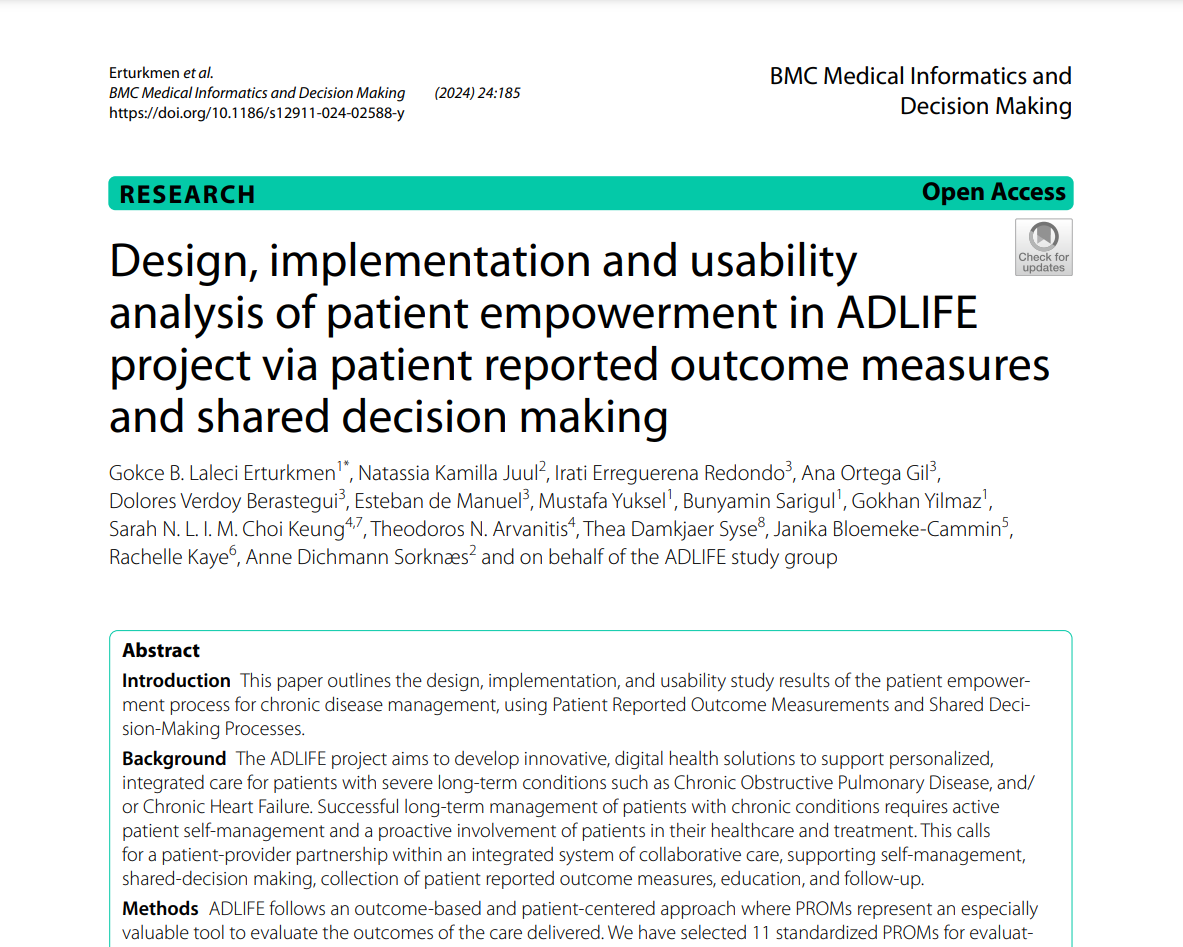
Design, implementation and usability analysis of patient empowerment in ADLIFE project via patient reported outcome measures and shared decision making
Read Article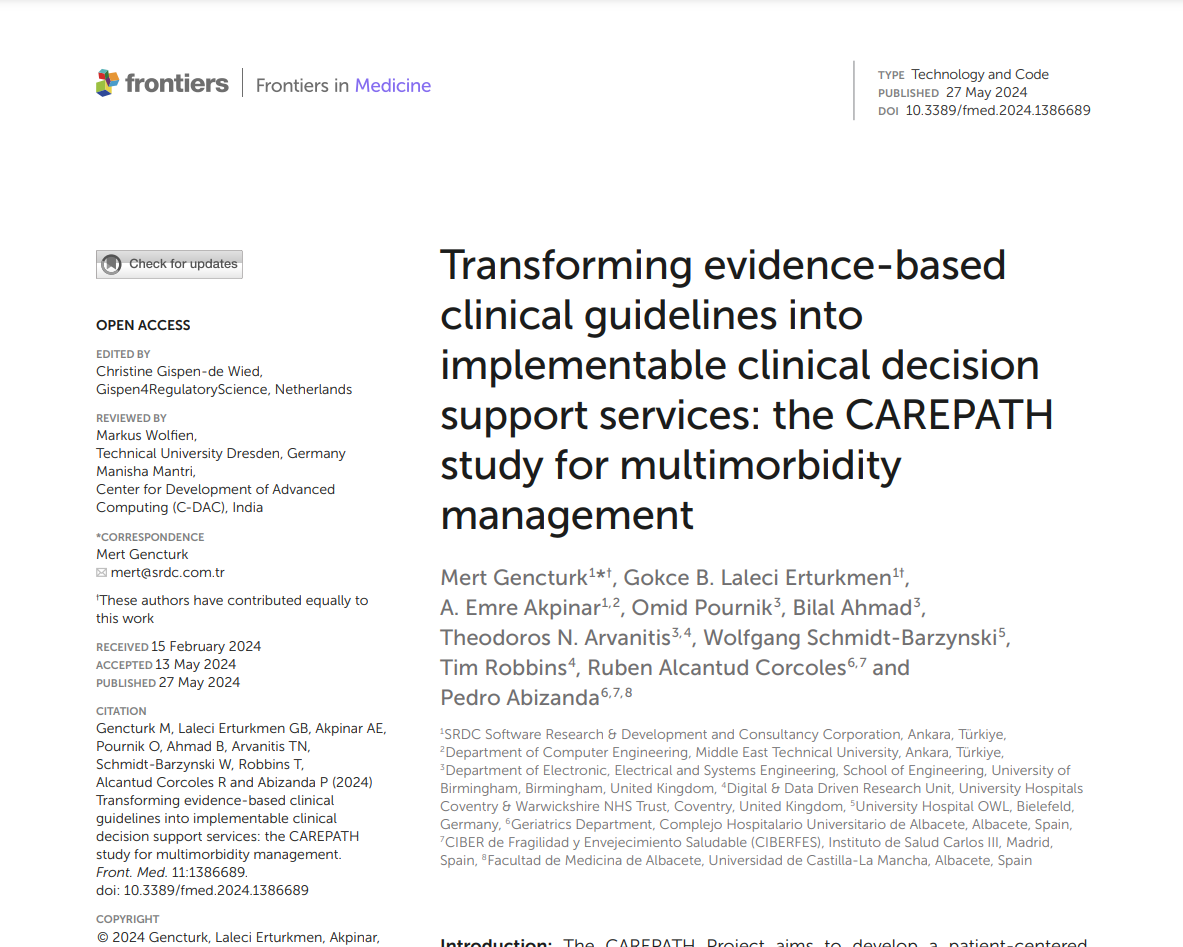
Transforming Evidence-Based Clinical Guidelines into Implementable Clinical Decision Support Services: The CAREPATH Study for Multimorbidity Management
Read Article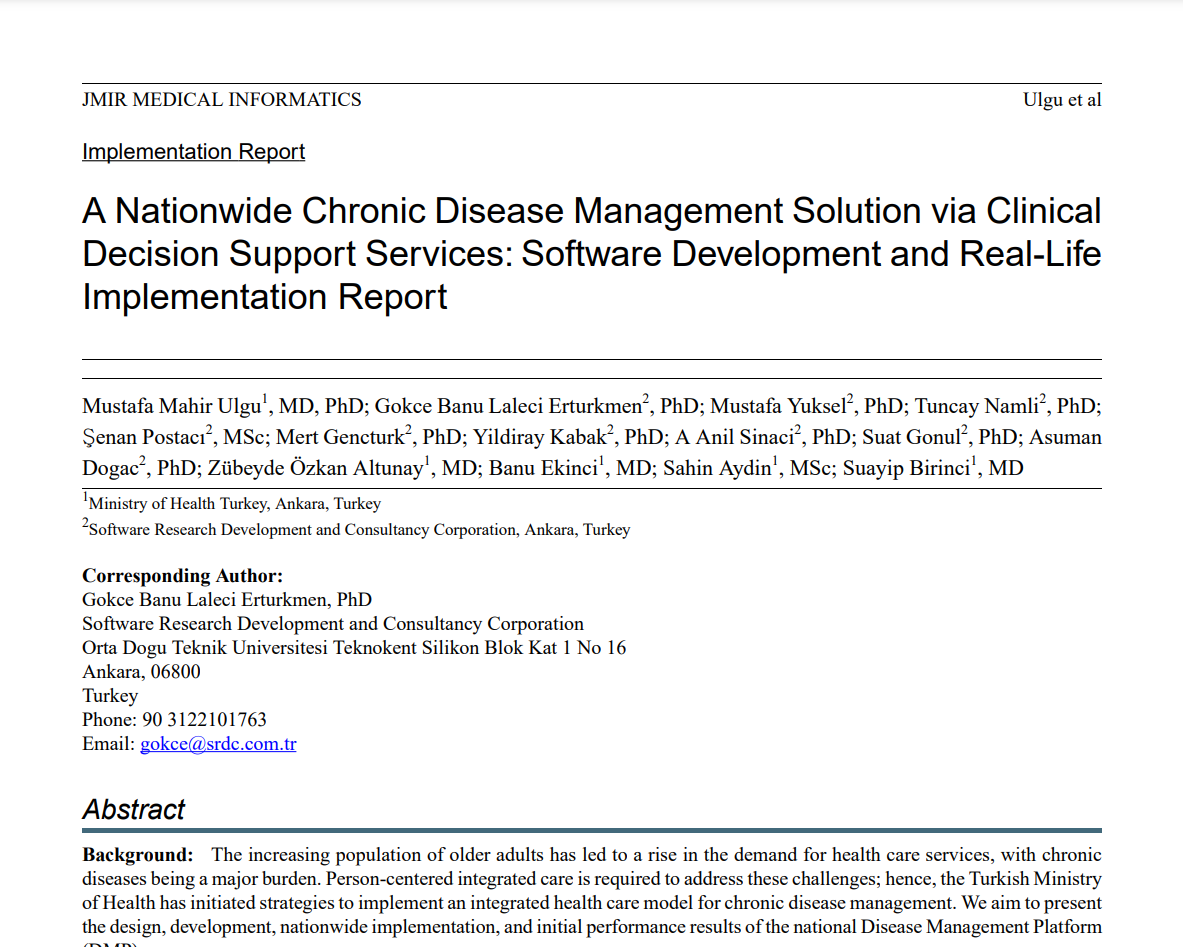
A Nationwide Chronic Disease Management Solution via Clinical Decision Support Services: Software Development and Real-Life Implementation Report
Read Article